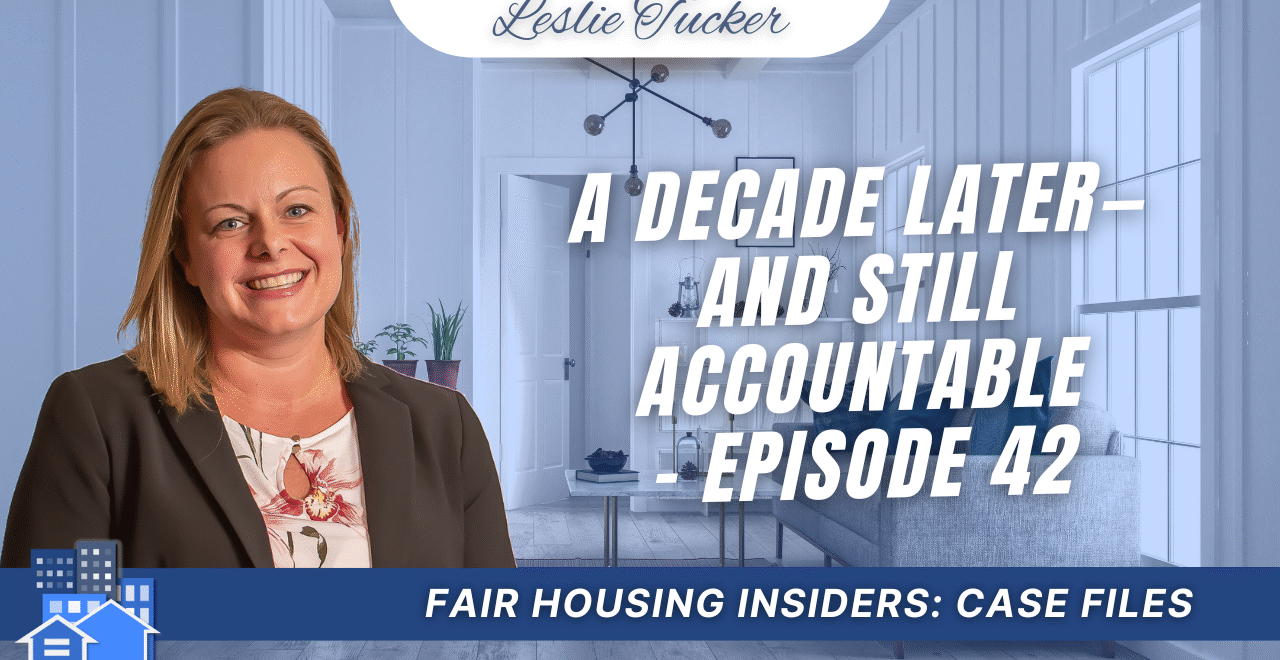A recent federal lawsuit is sending a strong message to municipalities and property management professionals: fair housing obligations don’t expire with time, and noncompliance—even years later—can lead to serious consequences. In United States v. Rockland County and the Village of Spring Valley, we see a case unfold that spans more than a decade and highlights the risks of underestimating long-term federal oversight.
Origins of the Case: Targeted Marketing and Discriminatory Outcomes
The lawsuit originated from HUD complaints filed in 2013. The allegations centered on a private developer who used HUD grant funding to construct 62 condominium units. However, those units were reportedly designed for and marketed primarily to white Hasidic Jewish homebuyers, despite the broader demographic makeup of the area. With only 14% of the region’s population identifying as white, HUD noted that roughly 91% of the residents in the development were white, suggesting intentional exclusion of Black applicants and a failure to market inclusively.
HUD concluded that while the developer initiated the exclusionary practices, both the county and the village—recipients of federal funding—were aware of the discriminatory conduct and failed to act.
The Voluntary Compliance Agreement and Missed Deadlines
In 2018, HUD entered into a Voluntary Compliance Agreement (VCA) with Rockland County and Spring Valley, requiring them to construct 62 new affordable housing units over a seven-year period. These units were expected to be affirmatively marketed and built in areas that would enhance housing opportunities for underrepresented communities.
By the first three-year deadline, however, HUD found that only four qualifying units had been completed. In response to the pandemic and other delays, HUD approved a modified agreement in 2021 that reduced the required number to 58 units, with 18 units due by March 2023. Despite the extension, HUD alleges that no new compliant units were delivered.
DOJ Enforcement: When Delays Turn Into Legal Action
In January 2025, the Department of Justice filed a federal lawsuit claiming that both Rockland County and the Village of Spring Valley failed to uphold their obligations under the VCA. The DOJ is now seeking civil penalties for Fair Housing Act violations. The county responded by stating that circumstances beyond its control caused the missed deadlines and that HUD did not adequately consider these challenges in good faith.
The case remains active, and its outcome could have broader implications for other municipalities and agencies managing compliance agreements with HUD.
Lessons for Property Managers: Stay Ready, Stay Compliant
This case illustrates the importance of long-term accountability in fair housing compliance. Despite the original complaints being filed over a decade ago, the federal government continues to pursue enforcement actions. For property managers, this means enforcement is far from dormant.
Key takeaways include maintaining rigorous fair housing training, revisiting marketing strategies to ensure broad community outreach, and staying vigilant with any obligations under VCAs or conciliation agreements. A lapse in follow-through—even if unnoticed for years—can still lead to costly legal challenges.
Fair Housing Responsibility Is Ongoing
Whether you’re part of a large housing authority or a private property management company, the message is clear: fair housing responsibilities don’t fade with time. Every policy, training initiative, and marketing decision contributes to your compliance profile. If you’ve been thinking about scaling back your fair housing program due to a perceived slowdown in enforcement, now is the time to rethink that strategy.
You Might Also Like:
- Update on the Accessible Parking Case You’ve Been Following – Episode 49
- When Eviction Becomes Retaliation – Episode 48
- Case Files: The Price of Parking Discrimination – Episode 47
- Case Files: ESA Denied After Online Provider Verification—What Went Wrong? – Episode 46
- Case Files: When Mold, Disability, and Retaliation Collide – Episode 45

